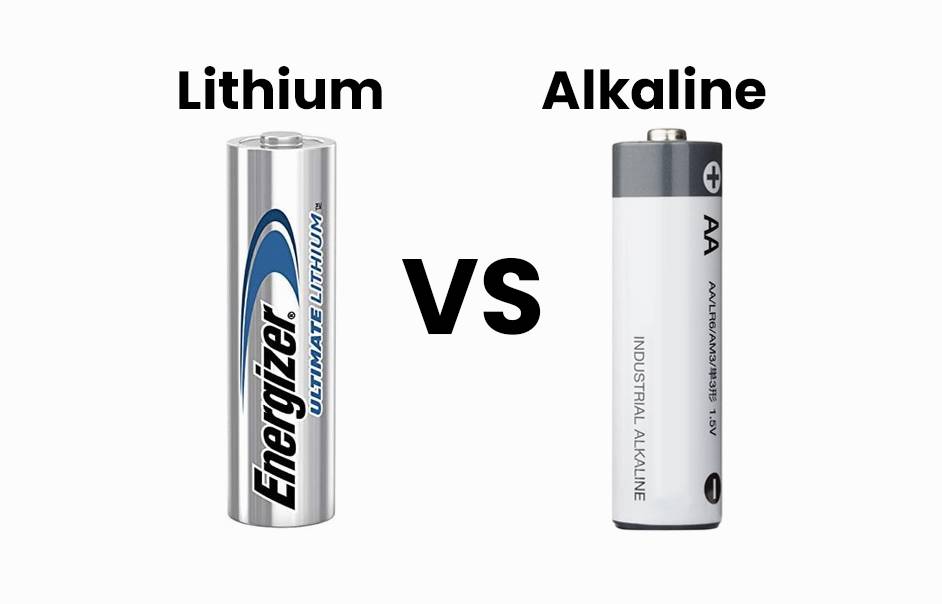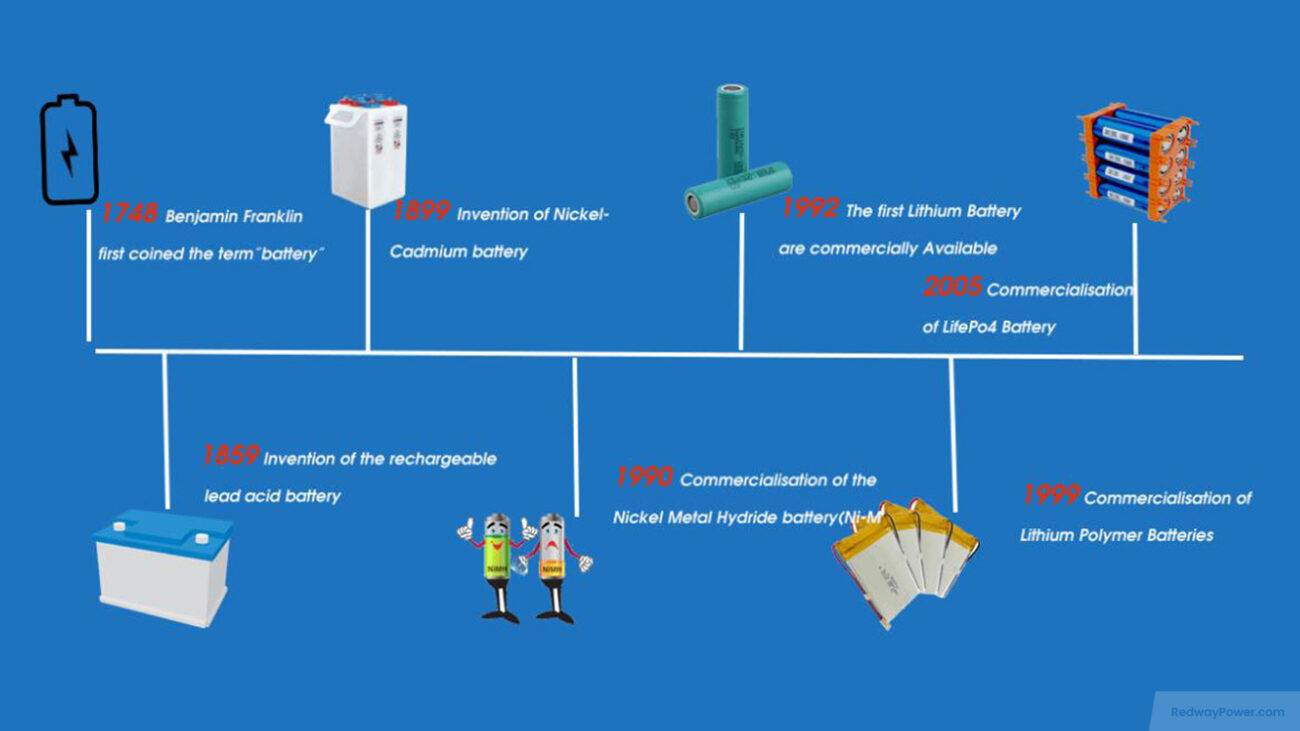Are you frustrated with your UPS battery constantly failing? Seeking a more efficient and durable solution? Look no further – we have an electrifying idea for you! In this blog post, we’ll delve into the world of lithium batteries and their potential to revolutionize your APC UPS. Get ready to power up and explore the advantages, considerations, misconceptions, and maintenance tips related to lithium batteries in APC UPS systems. Say goodbye to annoying power outages and hello to uninterrupted productivity. Let’s dive in!
Advantages of Using Lithium Batteries in APC UPS
Lithium batteries have become increasingly popular, especially for APC UPS systems, due to their distinct advantages over traditional battery technologies. Let’s explore these benefits in a simplified list format.
Advantages of Using Lithium Batteries in APC UPS:
- Extended Lifespan: Lithium batteries outlast lead-acid or gel-cell batteries commonly found in APC UPS systems, lasting up to twice as long. This reduces the frequency of battery replacements, minimizing maintenance efforts.
- Compact and Lightweight: Lithium batteries are significantly smaller and lighter, making them perfect for space-constrained environments. Their compact size facilitates easy installation and transportation, addressing the limitations of bulky counterparts.
- Higher Energy Density: Lithium batteries offer higher energy density, meaning they can store more power per unit volume or weight. This results in longer backup runtimes during power outages, ensuring continuous operation for critical equipment.
- Faster Recharge Rate: Lithium batteries boast a faster recharge rate compared to other technologies. This quick charging capability minimizes downtime between outages, ensuring a swift power-up for devices after an interruption.
- Improved Safety Features: Lithium battery technology incorporates built-in protection against overcharging, overheating, short circuits, and voltage spikes. These safety features are crucial for protecting both sensitive equipment and personnel.
Conclusion: Switching to lithium batteries for your APC UPS provides a range of benefits, including a longer lifespan, reduced size and weight, higher energy density, faster recharging, and improved safety features. Consider these advantages for enhanced UPS performance and reliability.
Factors to Consider Before Switching to Lithium Batteries
Factors to Consider Before Switching to Lithium Batteries:
- Cost Consideration: Lithium batteries may have a higher upfront cost than lead-acid alternatives. Evaluate your budget to determine if the long-term benefits, such as extended lifespan, justify the initial investment.
- Compatibility with UPS System: Ensure that your APC UPS system supports lithium battery technology. Check for compatibility and assess whether any necessary modifications or upgrades can be made without compromising performance.
- Power Requirements: Assess your power needs, especially if you have high-demand applications or require rapid backup power restoration during outages. Lithium batteries generally offer faster recharge times and higher energy density.
- Environmental Impact: Consider the environmental implications. Lead-acid batteries contain hazardous materials, while lithium-ion batteries are generally considered safer for both human health and the environment.
- Maintenance Requirements: Compare maintenance needs. Lead-acid batteries often require regular checks and periodic equalization charges, whereas lithium-ion technology eliminates many routine upkeep tasks while still providing reliable performance.
Conclusion: Switching to lithium batteries offers various advantages, but a careful evaluation of cost, compatibility, power requirements, environmental impact, and maintenance needs is essential. By considering these factors, you can make a well-informed decision that best suits your specific circumstances.
Common Misconceptions about Lithium Batteries in APC UPS
Dispelling these common misconceptions, you can make informed decisions about adopting this advanced battery technology.
Common Misconceptions about Lithium Batteries in APC UPS:
- Compatibility Concerns: Myth: Lithium batteries are not compatible with APC UPS. Truth: Many modern APC UPS models are designed to work seamlessly with lithium batteries, as long as the chosen battery meets APC’s specifications.
- Lifespan Comparison: Myth: Lithium batteries have a shorter lifespan than traditional lead-acid batteries. Truth: Despite a higher initial cost, lithium batteries often outlast lead-acid counterparts when properly maintained and used within specified parameters.
- Safety Risks: Myth: Lithium batteries are more prone to overheating or catching fire. Truth: Advances in battery design and safety features, such as thermal management systems, have significantly reduced the risk of safety concerns with modern lithium-ion battery packs.
- Expensive Modifications: Myth: Switching to lithium batteries requires expensive modifications to existing APC UPS units. Truth: Upgrading APC UPS units for lithium battery use typically involves cost-effective retrofit kits, minimizing additional expenses.
- Performance During Outages: Myth: APC UPS performance with lithium-ion batteries is compromised during extended outages. Truth: Lithium-ion technology’s high energy density and efficient charging capabilities ensure consistent power output, even during prolonged outages.
Dispelling these misconceptions is crucial for making informed decisions about incorporating lithium batteries into APC UPS systems. By separating fact from fiction, you can confidently embrace the advantages that this advanced battery technology brings to uninterruptible power supply solutions.
How to Properly Use and Maintain Lithium Batteries in APC UPS
Tips for Using and Maintaining Lithium Batteries in APC UPS:
- Follow Manufacturer’s Guidelines: Follow the manufacturer’s guidelines when installing lithium batteries in your APC UPS. Ensure secure cable connections and verify compatibility with your specific UPS model.
- Regular Battery Health Monitoring: Monitor battery health regularly using built-in software or indicators on modern APC UPS systems. Perform routine checks to ensure the lithium battery is in proper working condition.
- Proper Charging Practices: Practice proper charging to maintain lithium battery health. Avoid overcharging or undercharging, as both can lead to reduced performance or permanent damage. Charge fully before initial use and follow periodic recharging based on usage patterns or manufacturer recommendations.
- Ensure Proper Ventilation: Maintain a clean environment around your APC UPS system for effective heat dissipation. Place the unit away from obstacles that could block airflow, such as walls or other electronic devices, to ensure proper ventilation.
- Monitor Lifespan: Recognize that lithium batteries have a limited lifespan. While generally longer-lasting than traditional batteries, regularly monitor their condition and plan for replacement accordingly.
By adhering to these tips, you can ensure the proper use and maintenance of lithium batteries in your APC UPS. This maximizes efficiency and guarantees reliable backup power during outages or emergencies.
Alternative Battery Options for APC UPS
While lithium batteries offer advantages for APC UPS systems, they may not suit every need. Explore alternative battery options to find the best fit for your UPS system. Here are some alternatives:
- Sealed Lead Acid (SLA) Batteries:
- Cost-effective and reliable.
- Long lifespan with minimal maintenance.
- Nickel-Cadmium (NiCad) Batteries:
- High energy density, performs well in extreme temperatures.
- Longer lifespan compared to other types.
- Valve-Regulated Lead Acid (VRLA) Batteries:
- Similar to SLA batteries but with improved technology.
- No maintenance, longer life cycle, excellent performance.
- Lithium Iron Phosphate (LiFePO4) Batteries:
- Offers lithium-ion advantages with enhanced safety.
- Stable and safe compared to traditional lithium-ion cells.
Consider factors like cost, reliability, lifespan, and compatibility when choosing an alternative battery for your APC UPS system.
While lithium batteries have advantages, carefully assess your needs before switching from lead-acid. Consider factors like runtime requirements, budget constraints, and warranty restrictions to make an informed decision for your APC UPS system.








